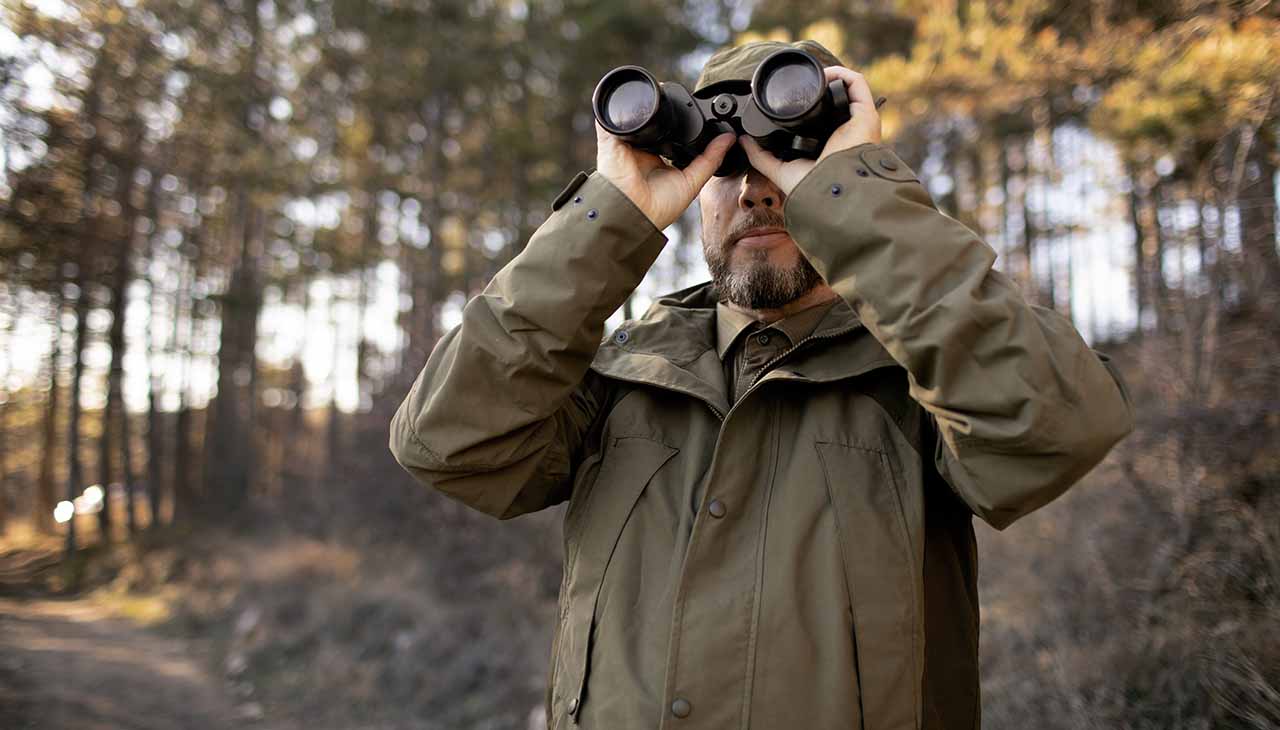Ethical hunting practices stand as a testament to the harmony that can exist between humans and nature. They provide a framework that balances the thrill of the sport with the necessity of conservation, ensuring the continued survival and flourishing of wildlife populations. This balance between sport and conservation is intricate and complex, requiring a deeper understanding of ecology, animal behavior, and the impact of human activity on natural habitats. In the following sections, we will delve into the principles of ethical hunting, the benefits it brings to wildlife conservation, and how it shapes the modern hunter’s experience.
Understanding Conservation
Conservation is a crucial aspect of ethical hunting, encompassing a range of practices designed to protect and preserve wildlife populations and their habitats. Among these practices, hunting plays a significant role in wildlife management. Regulated hunting helps maintain a balance in animal populations, preventing overpopulation which could potentially lead to devastating impacts on ecosystems and biodiversity.
The concept of sustainable hunting is central to this balance. This practice involves adhering to laws and guidelines that limit hunting to certain seasons, ensuring that animals are hunted only during times when populations are at their highest. It also promotes the hunting of older males who have already contributed to the gene pool, thus minimizing the impact on species’ reproduction and survival.
Numerous conservation organizations worldwide are actively involved in efforts to promote these principles. Groups like the World Wildlife Fund (WWF), the National Wildlife Federation (NWF), and Ducks Unlimited work tirelessly to educate hunters and the public about sustainable hunting practices. They conduct research, lobby for conservation-friendly legislation, and even purchase land to preserve as wildlife habitats. Their combined efforts play a significant role in promoting ethical hunting and ensuring the long-term sustainability of our planet’s wildlife.
Ethical Hunting Practices
Fair Chase Principles
Fair chase principles foster an environment of respect for wildlife and their habitats while preserving the integrity of the hunt. These principles discourage practices that give hunters an unfair advantage such as the use of drones, traps or bait. The goal is to maintain a level playing field, ensuring the hunt remains a test of a hunter’s knowledge, skills and abilities rather than their equipment or technology.
Respect for the Animal and Its Environment
An ethical hunter respects the life of the animal being hunted and the environment it inhabits. This means leaving no trace, minimizing disturbance to the habitat, and avoiding any actions that could cause unnecessary stress or harm to other wildlife. Ethical hunters also refrain from taking shots at game that is beyond their effective range or in a situation where a clean, ethical shot is not possible.
Proper Shot Placement and Quick, Humane Kills
One of the fundamental responsibilities of ethical hunters is to aim for a quick and humane kill. This means understanding the anatomy of the animal being hunted and placing shots in a way that ensures an immediate or near-immediate death. It requires skill, patience, and an intimate knowledge of wildlife behavior and physiology.
Responsible Use of Hunting Equipment and Tools
The responsible use of hunting equipment and tools is another cornerstone of ethical hunting. This includes maintaining one’s equipment in good working order, using it responsibly and safely, and choosing the right tool for the intended game. For instance, bow hunters should use arrows and broadheads that are appropriate for the size and species of the animal they are hunting. Ethical hunters also embrace new technologies and tools that can make hunting more efficient and humane, while respecting the principles of fair chase.
Hunting Regulations and Laws
Understanding local hunting regulations forms an integral part of ethical hunting. These regulations, which vary from one region to another, define legal hunting practices and play a key role in wildlife conservation. Hunters are expected to familiarize themselves with these rules and adhere to them strictly.
Understanding Local Hunting Regulations
Local hunting regulations are designed based on the unique needs and conditions of each region’s ecosystems and wildlife populations. They tackle various aspects, including the types of animals that can be hunted, hunting seasons, the tools and methods that can be used, and more. Familiarity with these regulations ensures hunters engage in legal and sustainable practices that contribute to conservation efforts.
Licensing and Permitting Requirements
Obtaining the necessary licenses and permits is mandatory before one can hunt in any given area. These documents signal that the hunter understands the local hunting regulations and agrees to abide by them. The process of obtaining a license often involves undertaking a hunter education course, which imparts knowledge on safe and ethical hunting practices.
Seasonal Restrictions and Bag Limits
Seasonal restrictions and bag limits are among the most important hunting regulations. These restrictions are put in place to prevent overhunting and ensure the sustainability of wildlife populations. Bag limits denote the maximum number of a specific species that a hunter can legally harvest in a given season, while seasonal restrictions determine the times of year when hunting certain species is permitted.
The Role of Enforcement Agencies
Enforcement agencies play a critical role in overseeing adherence to hunting regulations. These bodies enforce laws, issue licenses and permits, and monitor hunting practices to ensure compliance. They also educate the public about ethical hunting, provide information on hunting seasons and bag limits, and respond to infractions of hunting laws. Their work is vital in maintaining the balance between hunting as a sport and the necessary conservation efforts.
Education and Training
Education and training form the bedrock of ethical hunting practices. They equip hunters with the skills, knowledge, and ethical principles needed to hunt responsibly and sustainably.
Importance of Hunter Education Programs
Hunter education programs are essential in promoting safe, ethical, and responsible hunting. These programs cover a range of topics, including firearm safety, wildlife conservation, hunting laws, and ethics. They equip hunters with the knowledge they need to hunt safely and responsibly, and they play a pivotal role in fostering a culture of ethical hunting.
Learning About Species Identification and Behavior
Understanding the behavior and identifying species are fundamental skills for any ethical hunter. This knowledge allows hunters to distinguish between different species and select their targets responsibly. It also enables them to understand and predict animal behavior, enhancing their hunting skills and reducing the likelihood of unnecessary harm to wildlife.
Developing Marksmanship Skills
Marksmanship is a key skill in hunting. It ensures that hunters can make clean, humane kills and reduce the suffering of animals. Good marksmanship comes from constant practice and understanding the mechanics and ballistics of the hunting weapon. It also requires an understanding of the animal’s anatomy to ensure an effective shot.
Knowledge of Habitat Conservation and Ecosystem Dynamics
A deep understanding of habitat conservation and ecosystem dynamics is integral to ethical hunting. This knowledge ensures that hunters understand the impact of their activities on the environment and wildlife populations. It encourages responsible hunting practices that contribute to the conservation of habitats and the sustainability of ecosystems. By understanding ecosystem dynamics, hunters can participate in conservation efforts and ensure the longevity of the hunting tradition.


